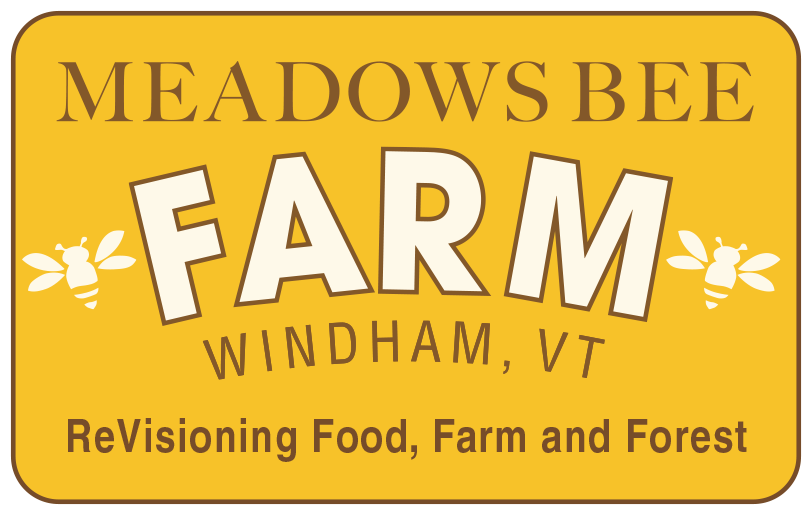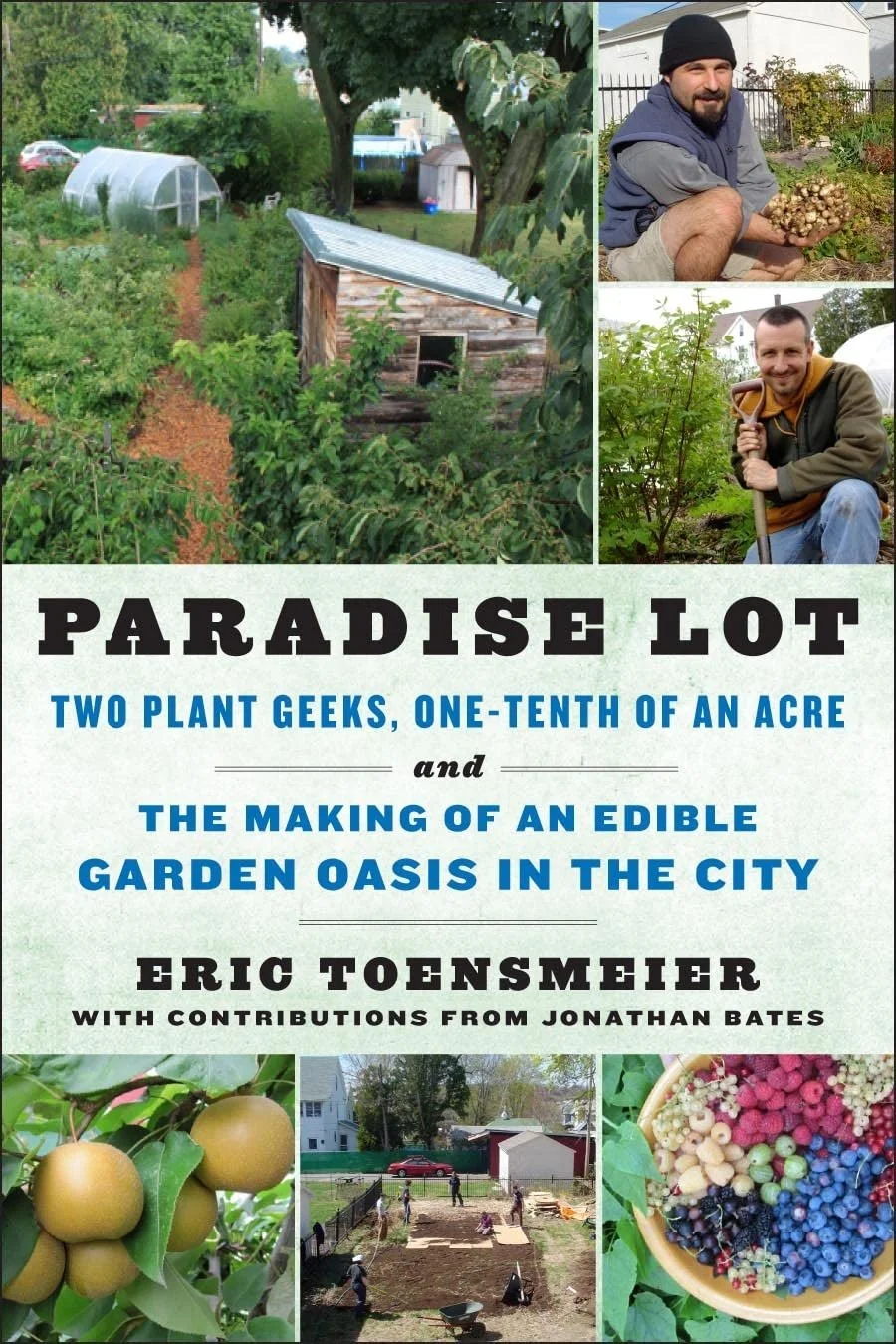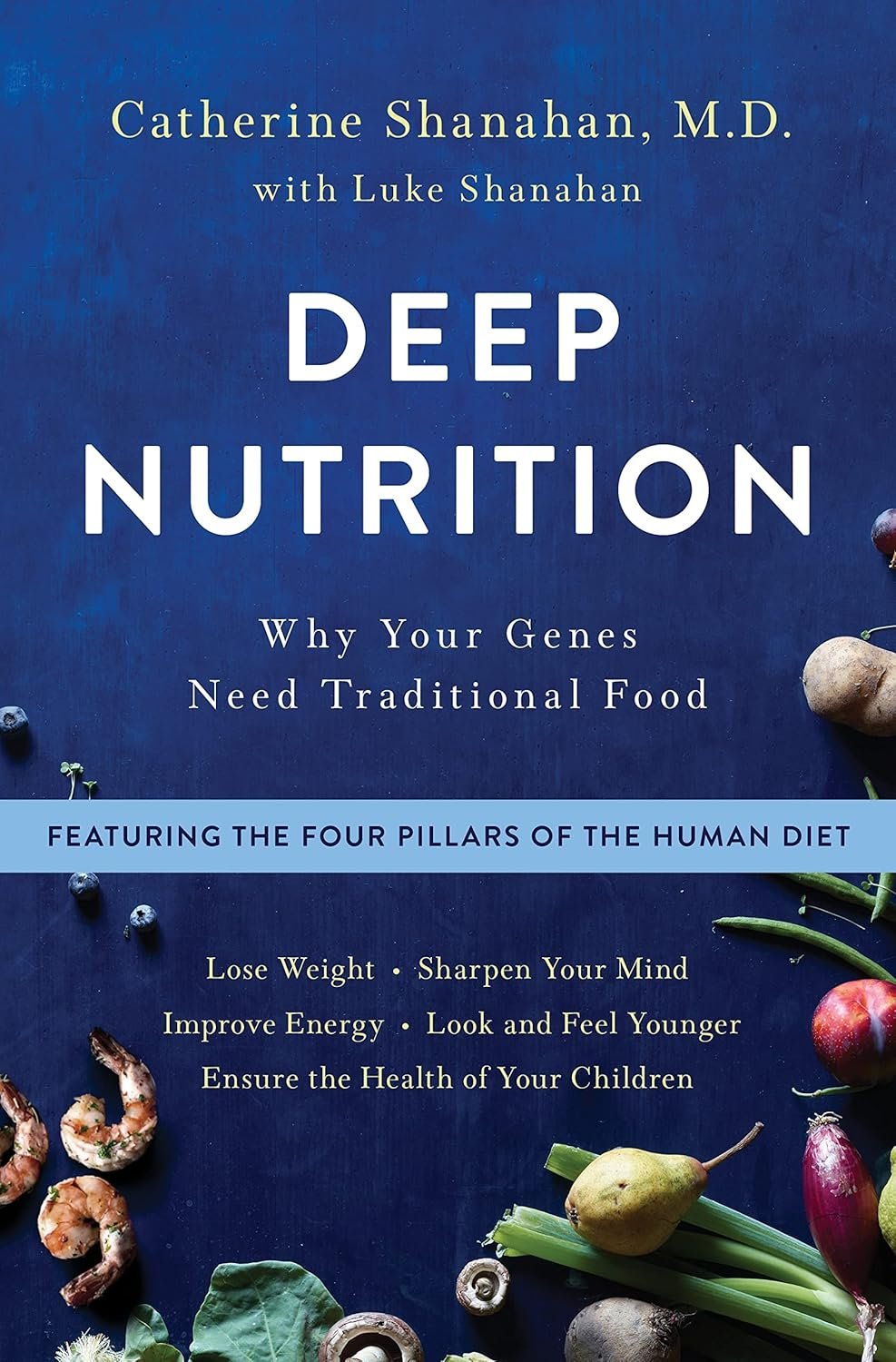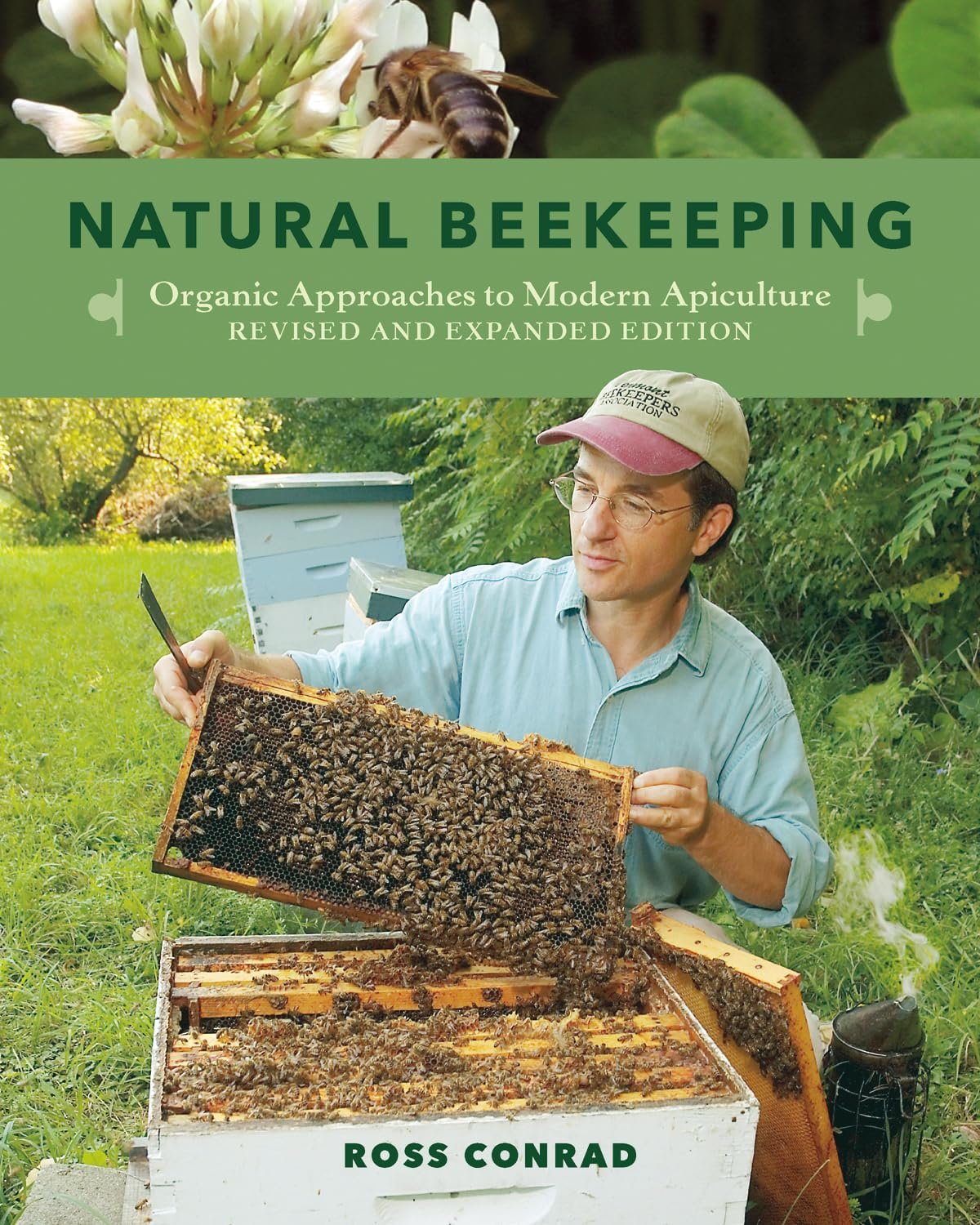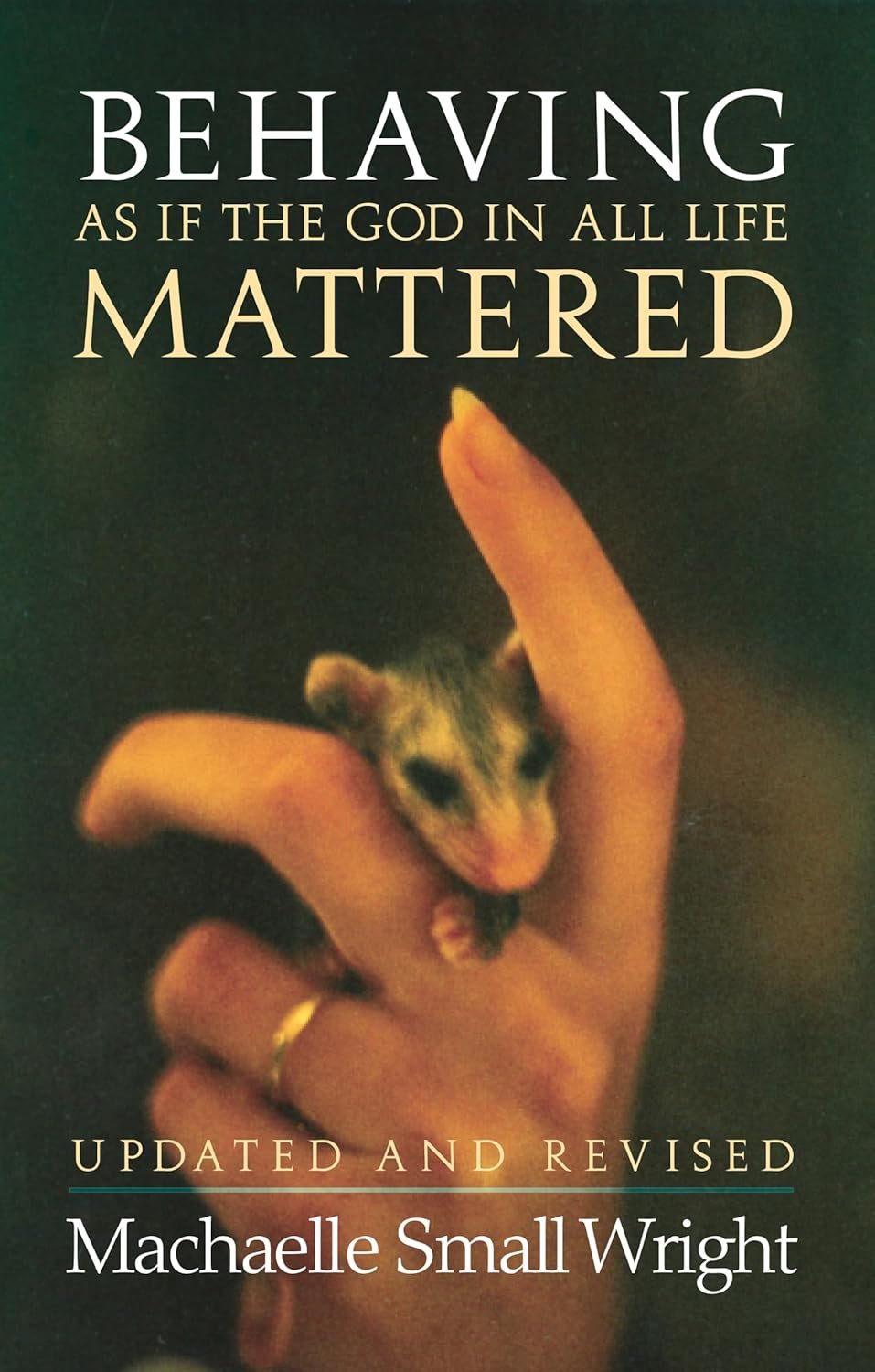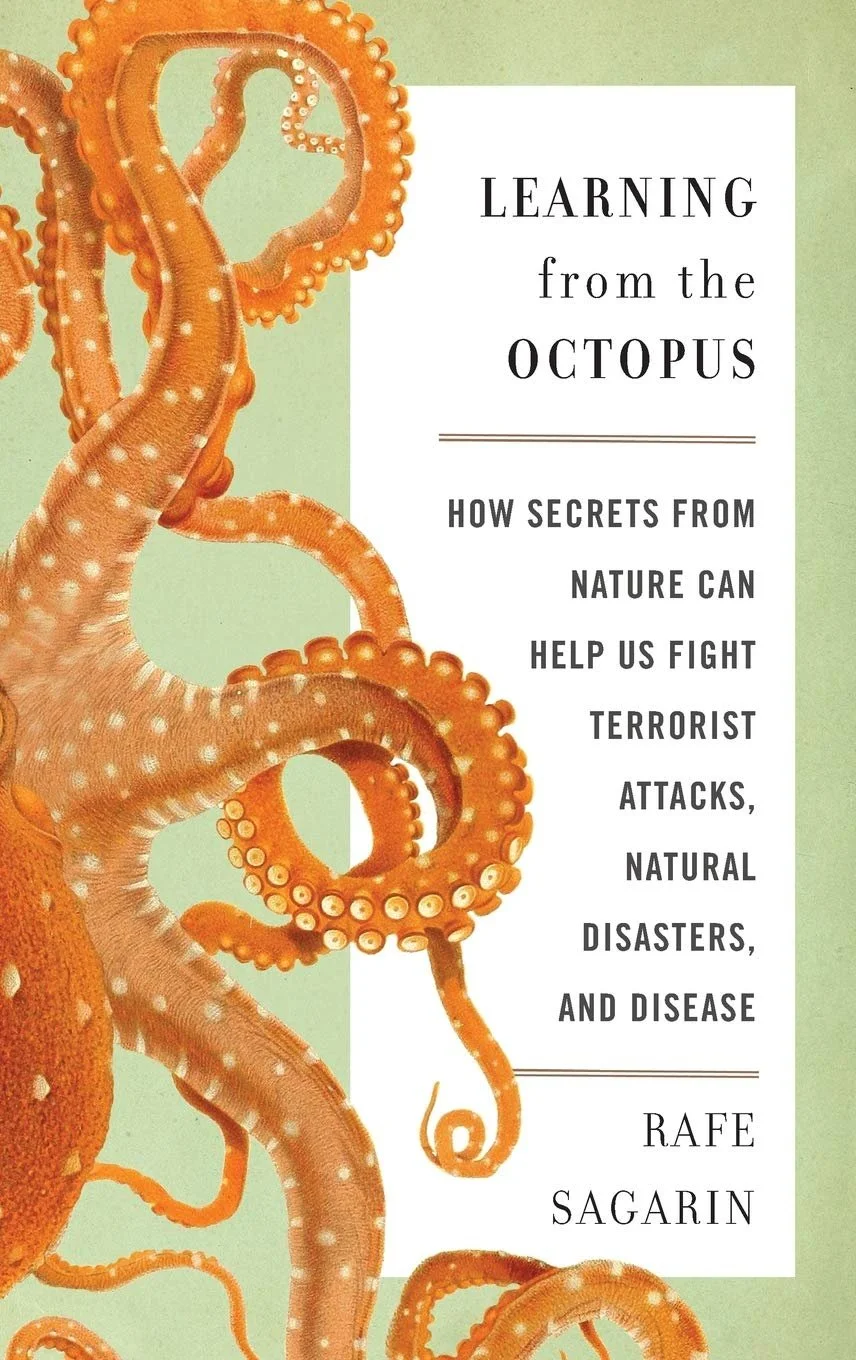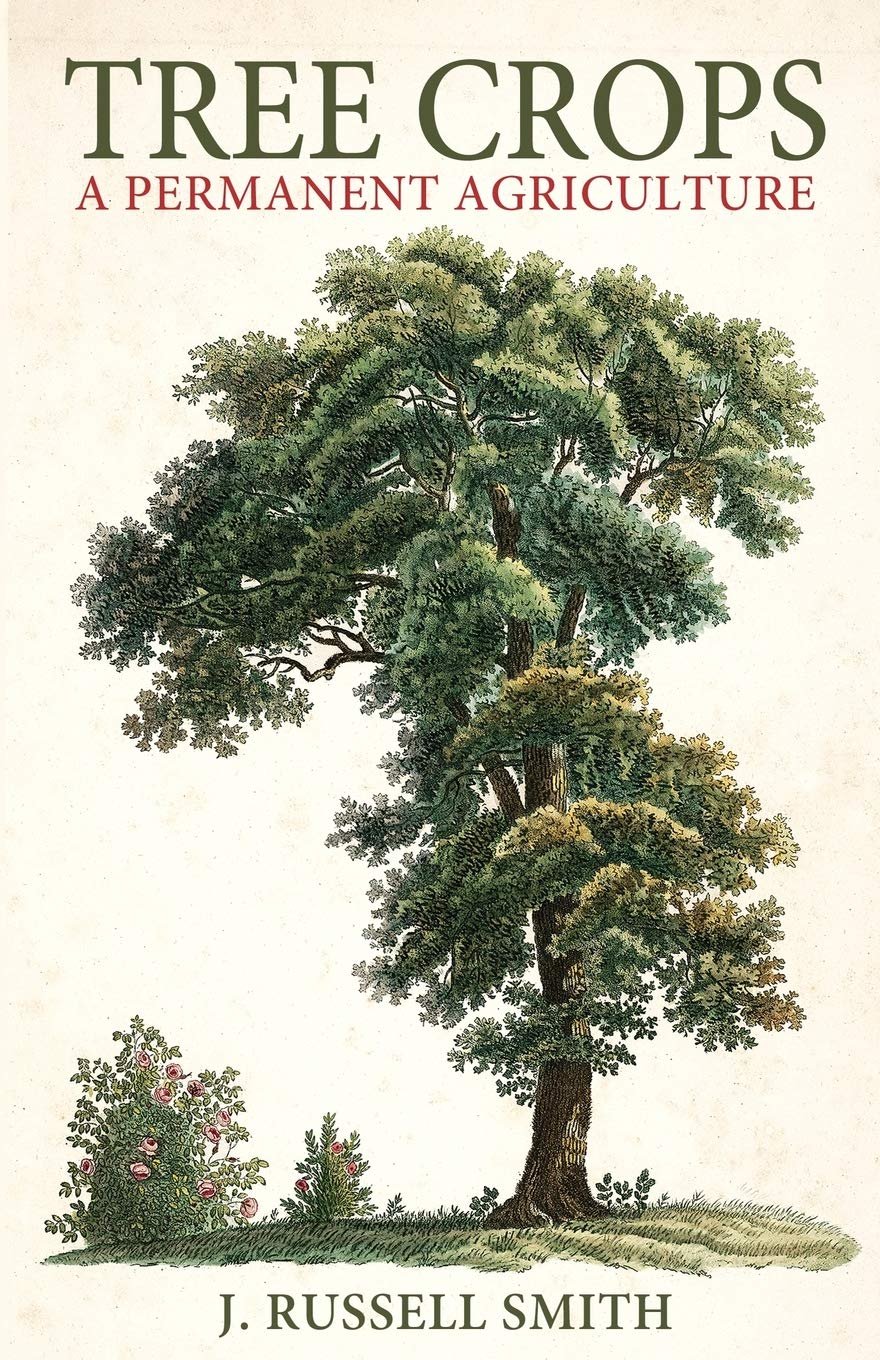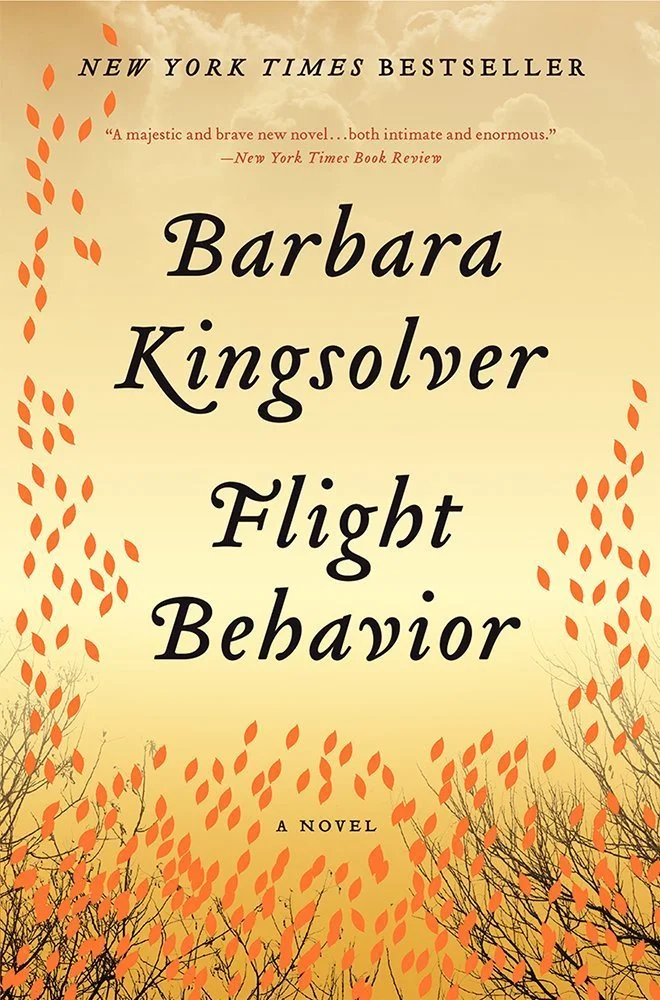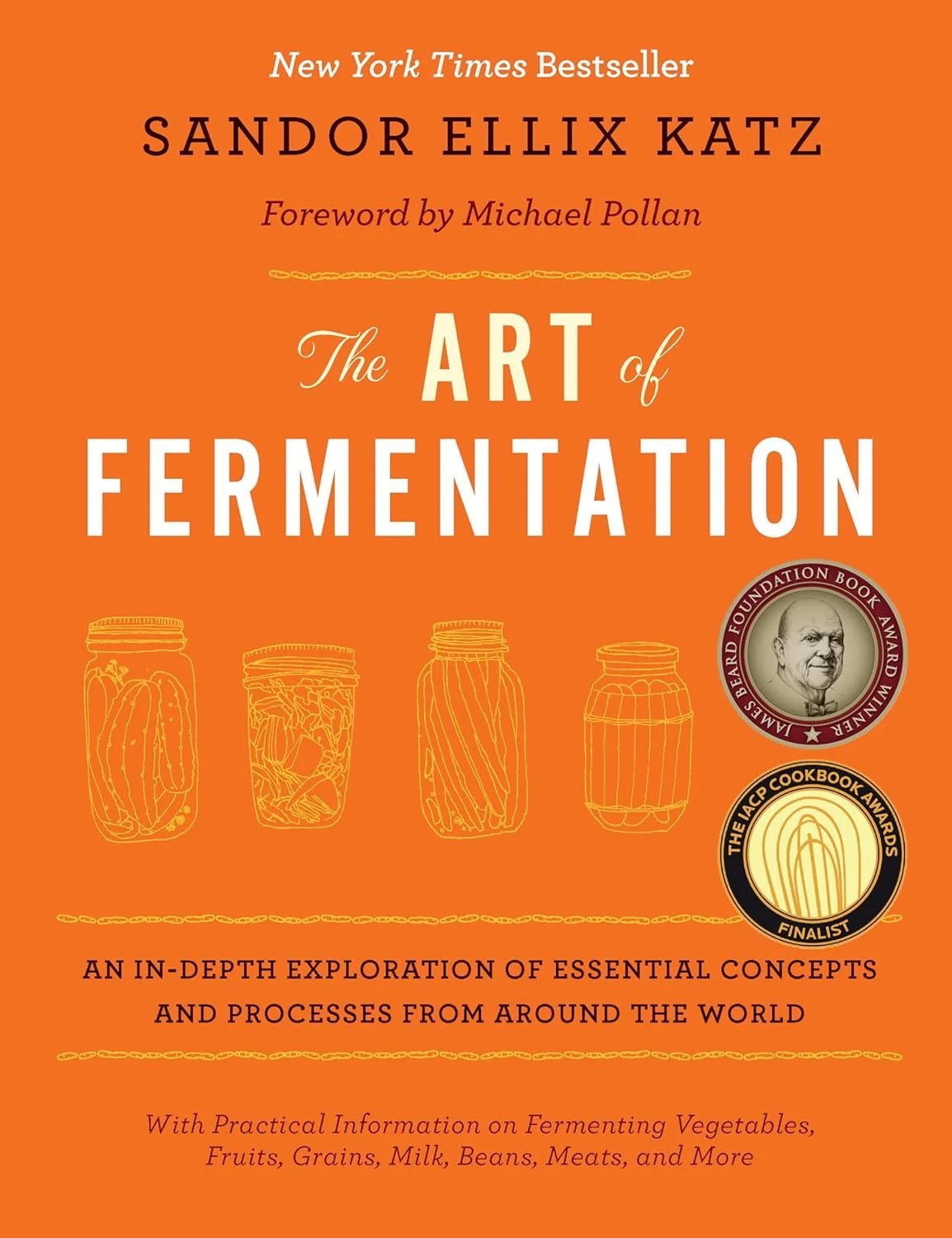Paradise Lot: Two Plant Geeks, One-Tenth of an Acre, and the Making of an Edible Garden Oasis in the City
by Eric Toensmeier and Jonathan Bates
December, 2013
Packed full of detailed, useful information about designing a highly productive permaculture garden, Paradise Lot is also a funny and charming story of two single guys, both plant nerds, with a wild plan: to realize the garden of their dreams and meet women to share it with. Amazingly, on both counts, they succeed.
The New Village Green, Living Light, Living Local, Living Large
by Stephen Morris
November, 2013
The village green is the focal point of any community, a gathering place where the best ideas take root and the brightest voices are heard. The New Village Green gathers some of the best ideas and brightest voices of the green community, some famous and familiar, others fresh and unknown. Each tells an absorbing story, and collectively they comprise a powerful chorus that profiles the current state of the environment.
Deep Nutrition: Why Your Genes Need Traditional Food
by Catherine Shanahan, M.D.
October, 2013
Physician and biochemist Cate Shanahan, M.D. examined diets around the world known to help people live longer, healthier livesdiets like the Mediterranean, Okinawa, and Blue Zoneand identified the four common nutritional habits, developed over millennia, that unfailingly produce strong, healthy, intelligent children, and active, vital elders, generation after generation. These four nutritional strategiesfresh food, fermented and sprouted foods, meat cooked on the bone, and organ meatsform the basis of what Dr. Cate calls The Human Diet.
Rooted in her experience as an elite athlete who used traditional foods to cure her own debilitating injuries, and combining her research with the latest discoveries in the field of epigenetics, Dr. Cate shows how all calories are not created equal; food is information that directs our cellular growth. Our family history does not determine our destiny: what you eat and how you live can alter your DNA in ways that affect your health and the health of your future children.
Rebuilding the Foodshed: How to Create Local, Sustainable, and Secure Food Systems
by Philip Ackerman-Leist
September, 2103
From rural outposts to city streets, they are sowing, growing, selling, and eating food produced close to homeand they are crying out for agricultural reform. All this has made "local food" into everything from a movement buzzword to the newest darling of food trendsters.
But now it's time to take the conversation to the next level. That's exactly what Philip Ackerman-Leist does in Rebuilding the Foodshed, in which he refocuses the local-food lens on the broad issue of rebuilding regional food systems that can replace the destructive aspects of industrial agriculture, meet food demands affordably and sustainably, and be resilient enough to endure potentially rough times ahead.
Showcasing some of the most promising, replicable models for growing, processing, and distributing sustainably grown food, this book points the reader toward the next stages of the food revolution. It also covers the full landscape of the burgeoning local-food movement, from rural to suburban to urban, and from backyard gardens to large-scale food enterprises.
Natural Beekeeping: Organic Approaches to Modern Apiculture, 2nd Edition
by Ross Conrad
August, 2013
Now revised and updated with new resources and including full-color photos throughout, Natural Beekeeping offers all the latest information in a book that has already proven invaluable for organic beekeepers. The new edition offers the same holistic, sensible alternative to conventional chemical practices with a program of natural hive management, but offers new sections on a wide range of subjects, including: the basics of bee biology and anatomy, urban beekeeping, identifying and working with, queens, parasitic mite control, hive diseases. Also, a completely new chapter on marketing provides valuable advice for anyone who intends to sell a wide range of hive products.
Behaving As If the God in All Life Mattered
by Michaelle Small Wright
July, 2013
Machaelle Small Wright is a spiritual pioneer with the profound ability to "see" and "hear" the invisible forces of nature.
Her personal story is one of triumph, from a childhood of torment and isolation to discovery of her ability to communicate with the world of nature spirits and devas. At "Perelandra," her 45-acre private nature research center in Virginia, Machaelle devotes her life to understanding and demonstrating a new approach to ecological balance.
The Herbalists Way: The Art and Practice of Healing with Plant Medicines
by Nancy Phillips
June, 2013
The Village Herbalist provides a complete guide to the art and practice of herbalism, as well as an introduction to the herbalist's role in family and community life. Inspirational profiles of practicing herbalists from across the country add a human touch to the authors' wealth of practical herbal knowledge.
Learning From the Octopus: How Secrets from Nature Can Help Us Fight Terrorist Attacks, Natural Disasters, and Disease
by Rafe Sagarin
May, 2013
In Learning from the Octopus, ecologist and security expert Rafe Sagarin rethinks the seemingly intractable problem of security by drawing inspiration from a surprising source: nature. Biological organisms have been living -- and thriving -- on a risk-filled planet for billions of years. Remarkably, they have done it without planning, predicting, or trying to perfect their responses to complex threats. Rather, they simply adapt to solve the challenges they continually face. Military leaders, public health officials, and business professionals would all like to be more adaptable, but few have figured out how. Sagarin argues that we can learn from observing how nature is organized, how organisms learn, how they create partnerships, and how life continually diversifies on this unpredictable planet.
Tree Crops: A Permanent Agriculture
by J. Russel Smith
April, 2013
Tree Crops: A Permanent Agriculture, 1929, updated 1953 is a classic, pioneering look at the use of trees for food, soil conservation, and sustainable agriculture. Author J. Russell Smith (1874-1966) traveled widely and shares his insights and research into agro-forestry, describing how trees such as carob, honey locust, persimmon, mulberry, oaks and pecans can be used to enrich the land and the people and animals dependent on it. Detailed with photography.
Flight Behavior
by Barbara Kingslover
March, 2013
Flight Behavior is a brilliant and suspenseful novel set in present day Appalachia; a breathtaking parable of catastrophe and denial that explores how the complexities we inevitably encounter in life lead us to believe in our particular chosen truths. Kingsolver's riveting story concerns a young wife and mother on a failing farm in rural Tennessee who experiences something she cannot explain, and how her discovery energizes various competing factions, religious leaders, climate scientists, environmentalists and politicians trapping her in the center of the conflict and ultimately opening up her world.
The Art of Fermentation: An In-Depth Exploration of Essential Concepts and Processes from Around the World
by Sandor Ellix Katz
February, 2013
Winner of the 2013 James Beard Foundation Book Award for Reference and Scholarship, and a New York Times bestseller, The Art of Fermentation is the most comprehensive guide to do-it-yourself home fermentation ever published. Sandor Katz presents the concepts and processes behind fermentation in ways that are simple enough to guide a reader through their first experience making sauerkraut or yogurt, and in-depth enough to provide greater understanding and insight for experienced practitioners.
The Conundrum: How scientific innovation, Increased Efficiency, and Good Intensions Can Make Our Energy and Climate Problems Worse
by David Owen
January 2013
David Owen's The Conundrum is an elegant nonfiction narrative filled with fascinating information and anecdotes takes you through the history of energy and the quest for efficiency. This is a book about the environment that will change how you look at the world. We should not be waiting for some geniuses to invent our way out of the energy and economic crisis we're in. We already have the technology and knowledge we need to live sustainably. But will we do it?
